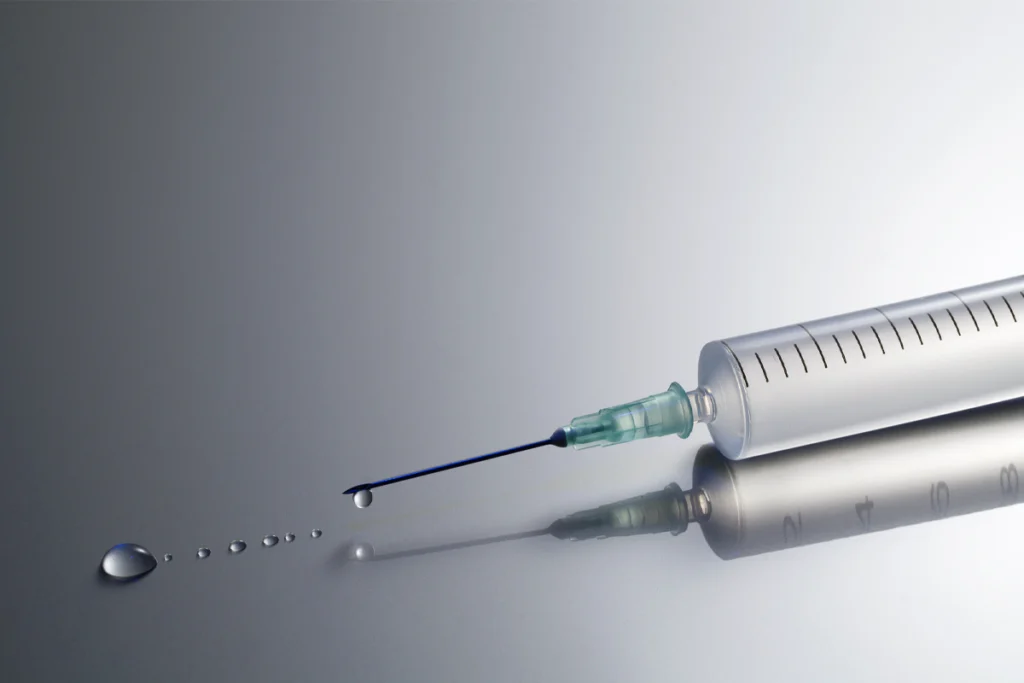The International Society for Autism Research (INSAR) is pausing its annual INSAR Institute for the year, it announced last week. The institute, a series of webinars about autism research that are designed to be accessible to students, early-career investigators and non-experts, has been held in June and July since its start in 2015.
The popular program typically draws about 150 to 300 live attendees at each session, wrote Chalise Shaw-McClaran, INSAR’s administrative director, in an email to The Transmitter.
“Not running this year is a loss to the INSAR community,” especially for those who couldn’t attend this year’s annual meeting in Seattle in May, wrote Gavin Stewart, a postdoctoral research fellow in Francesca Happé’s lab at King’s College London, in an email to The Transmitter. Stewart has attended the institute since 2018 and presented a session with Happé in 2024. “It provided a fantastic platform for visibility at an early stage in my career,” he wrote.
The pause is an “intentional break” to “re-evaluate and thoughtfully reimagine the program,” according to a 23 June email the society sent to its newsletter subscribers. The decision was made by the board of directors and committees, the email said.
The message cited meeting members’ “evolving needs” as a motivation, as well as a plan to enhance the program for its return in 2026 to coincide with INSAR’s 25th anniversary. Shaw-McClaran said in her email to The Transmitter that the decision was due to “routine leadership changes” to the Student and Trainee Committee (STC), which organizes the institute and needed more time to prepare the next one.
INSAR saw this as an opportunity to revamp the institute, Shaw-McClaran said, adding that the decision was not prompted by recent funding cuts in the United States. INSAR does not receive state or federal funding, she said, and is instead supported by membership dues, event revenue and philanthropic support, a point the organization clarified in an email to subscribers on 27 June, three days after The Transmitter first contacted INSAR with questions about the pause.
Shaw-McClaran also said the pause was unrelated to tension in recent years at INSAR annual meetings and among stakeholders in the field, such as non-autistic researchers, autistic researchers, autistic self-advocates and parents of people with autism.
T
he institute gives participating students and trainees a chance to network with experts in the field and makes it easier for them to “approach these big names and strike up conversations” at the annual meeting if they do attend, says Alana McVey, a psychologist in private practice at the Center for Behavioral Medicine in Brookfield, Wisconsin. McVey was a member of the STC from 2017 to 2024 and its chair from 2020 to 2022.Organizing the institute fosters collaboration among peers as well as “with faculty across the world,” says Marika Coffman, assistant professor of psychiatry and behavioral sciences at Duke University, who was chair of the STC from 2018 to 2020, when she was still a graduate student. McVey adds that organizing an institute talk helped her to secure a postdoctoral researcher position.
Brett Nachman, assistant professor of higher education at the University of Pittsburgh, who gave an institute talk in 2020 while still a graduate student, called the program a “generative international space.” To share his work and perspective on the field “with more than 200 attendees in a live setting was quite meaningful in both conversation and exposure,” he wrote in an email to The Transmitter.
Another past speaker, Zachary Williams, a resident in psychiatry at the University of California, Los Angeles, praised previous iterations of the institute for collaborating with INSAR’s Autistic Researchers Committee, which Williams previously co-chaired. “The INSAR Institute has remained a more progressive scientific speaker series that values participatory work due to the involvement of ARC in at least a consultatory role,” he wrote in an email to The Transmitter.
INSAR’s email to subscribers indicated that they welcome feedback and ideas for the 2026 institute during the pause.






